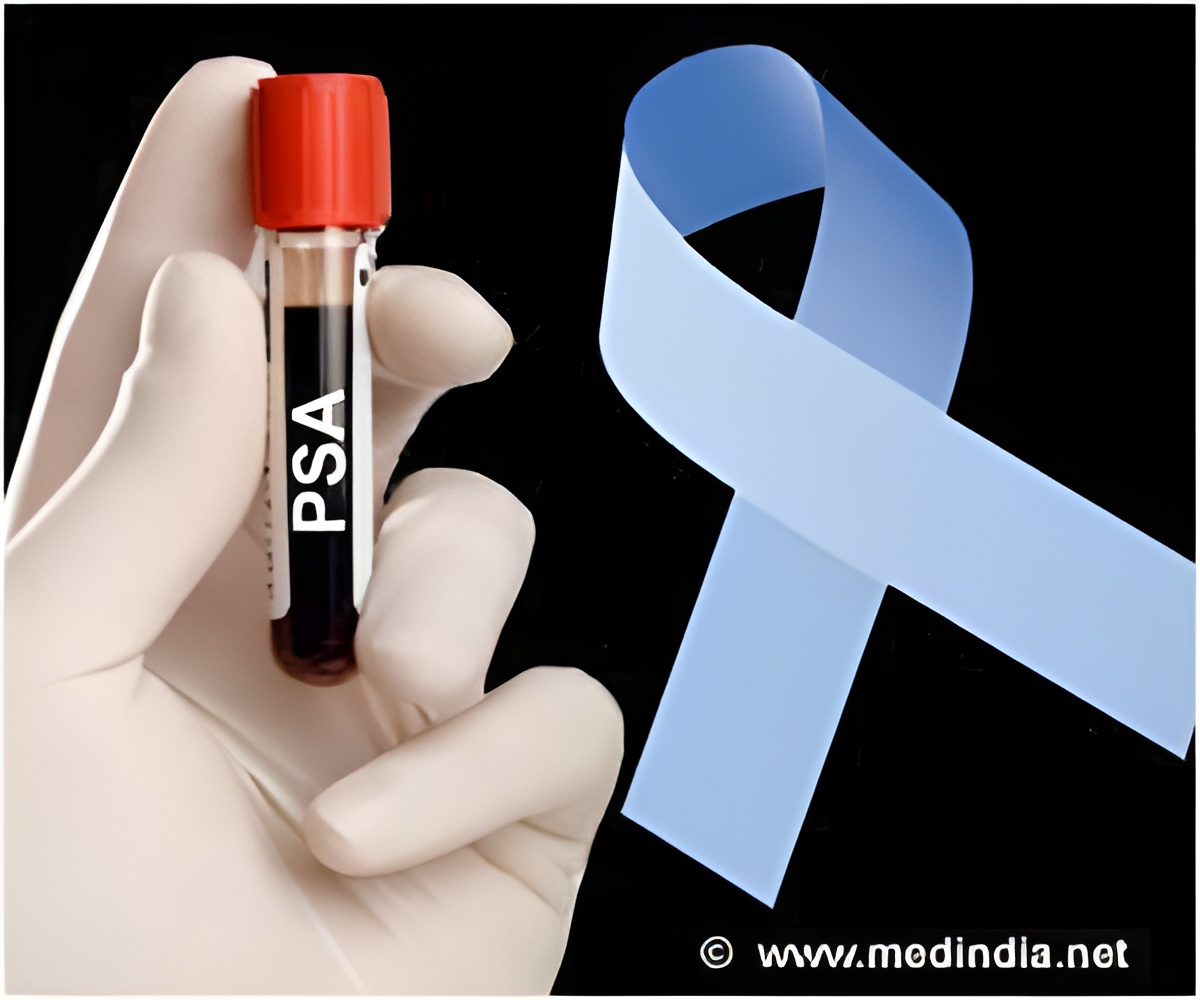100,000 complete DNA code sequences are to be mapped by Britain scientists in a project that will make the country a world leader in genetic research on cancer and rare diseases,

The project will sequence the genetic codes of about 75,000 patients with cancer and rare diseases, and those of their close relatives.
Both the healthy and the tumour cells of the cancer patients will be mapped, meaning about 100,000 will be sequenced in total.
"This agreement will see the UK lead the world in genetic research within years," Cameron said.
"As our plan becomes a reality, I believe we will be able to transform how devastating diseases are diagnosed and treated in the NHS and across the world."
Scientists hope that identifying tiny changes in the genetic code that can trigger disease will allow for personalised and more effective treatments.
Advertisement
DNA samples have already been donated by a few hundred participants in a pilot, and about 10,000 are expected to have donated by the end of the year.
Advertisement
Charity the Wellcome Trust, the Medical Research Council and Britain's National Health Service are contributing to the project, which will be overseen by Genomics England, set up by the Department of Health.
The Californian DNA sequencing company Illumina, which won a contract to provide the technology for the project, will also invest about £162 million in the project over its lifetime.
Wellcome Trust director Jeremy Farrar said genome sequencing could transform medicine.
"Twenty years from now academics and industry will have developed therapies which will be targeted at you and specific forms of cancer," Farrar said.
"We will look back in 20 years time and the blockbuster chemotherapy drugs that gave you all those nasty side effects will be a thing of the past."
Source-AFP













